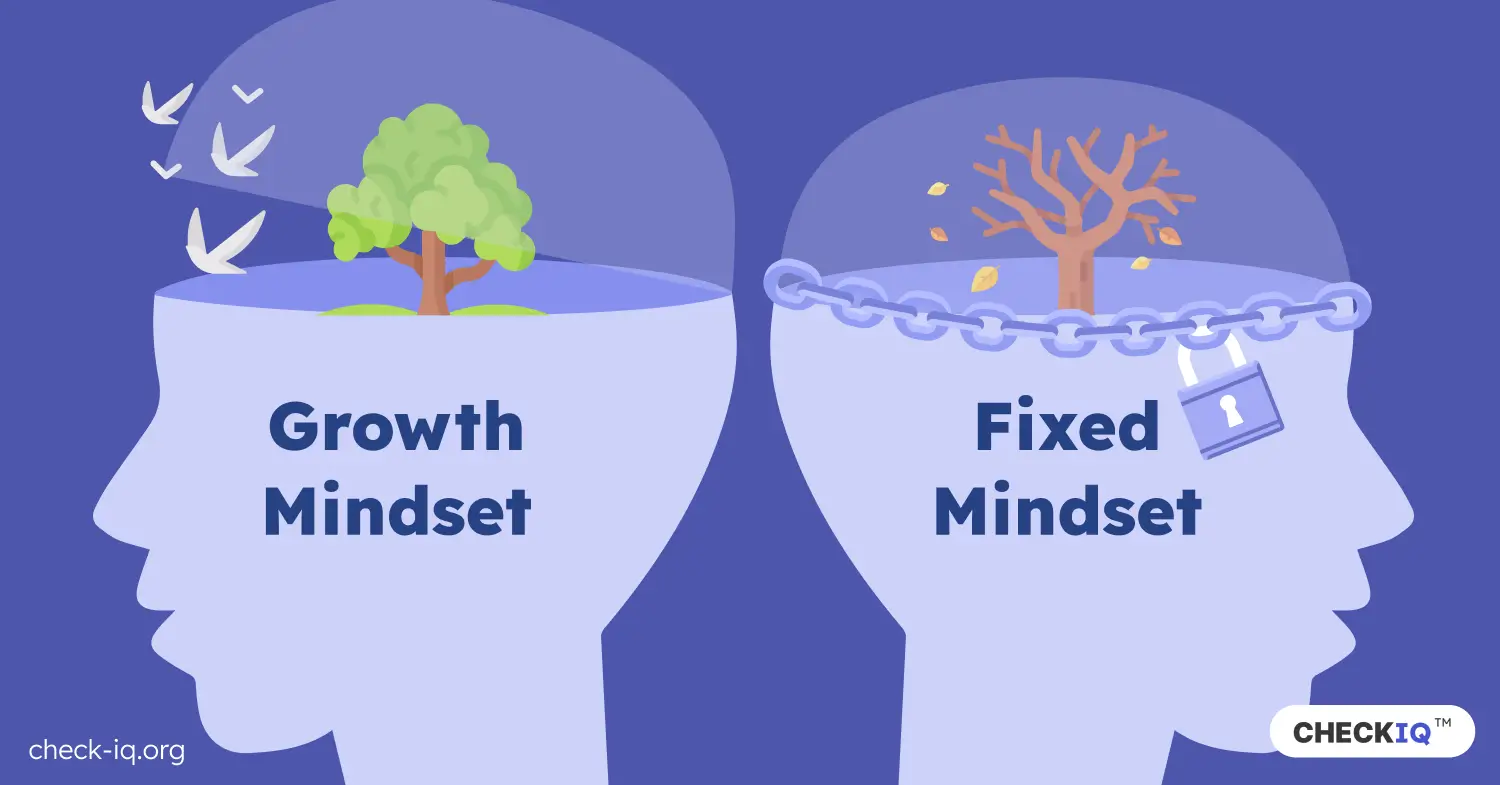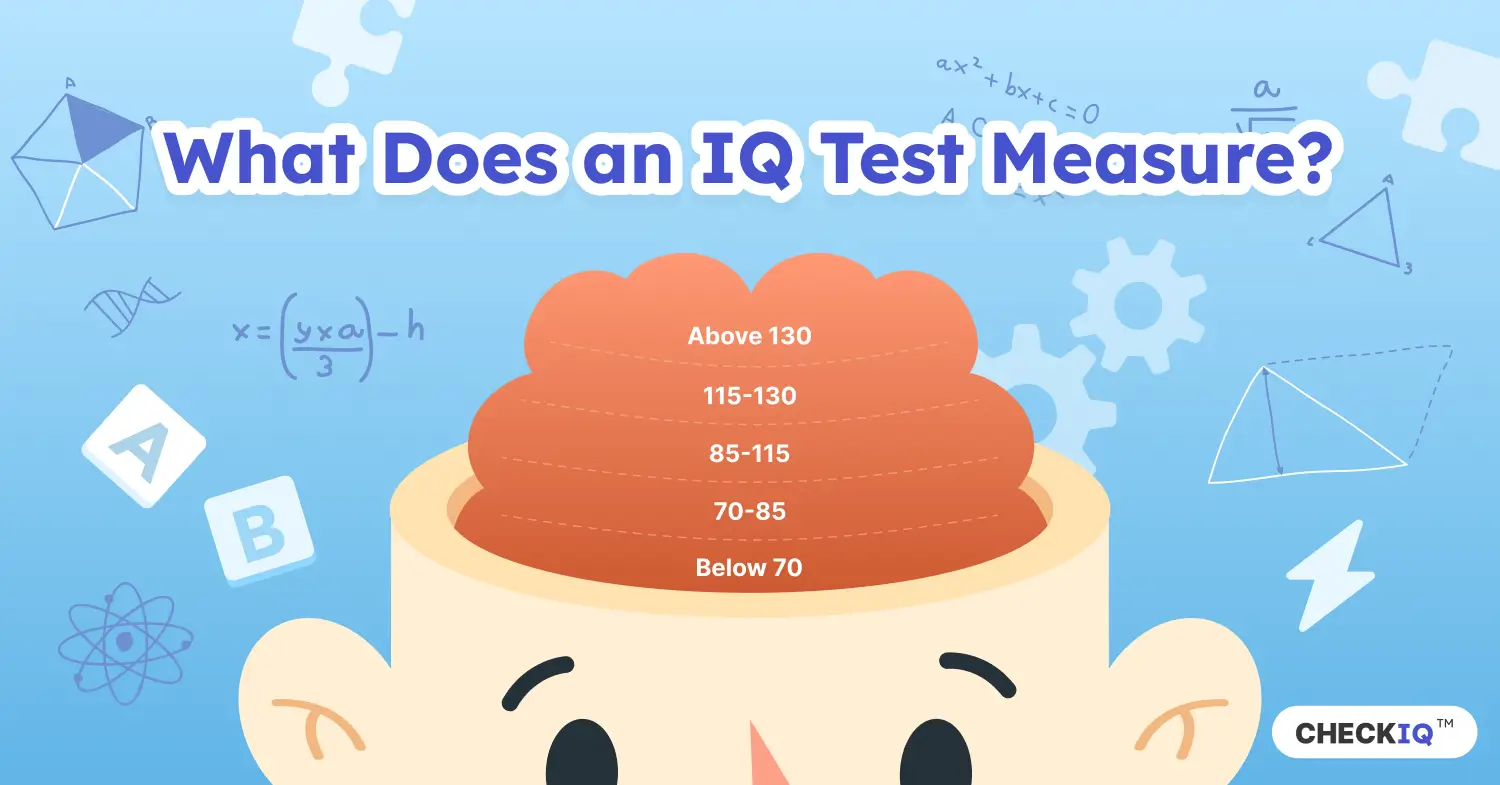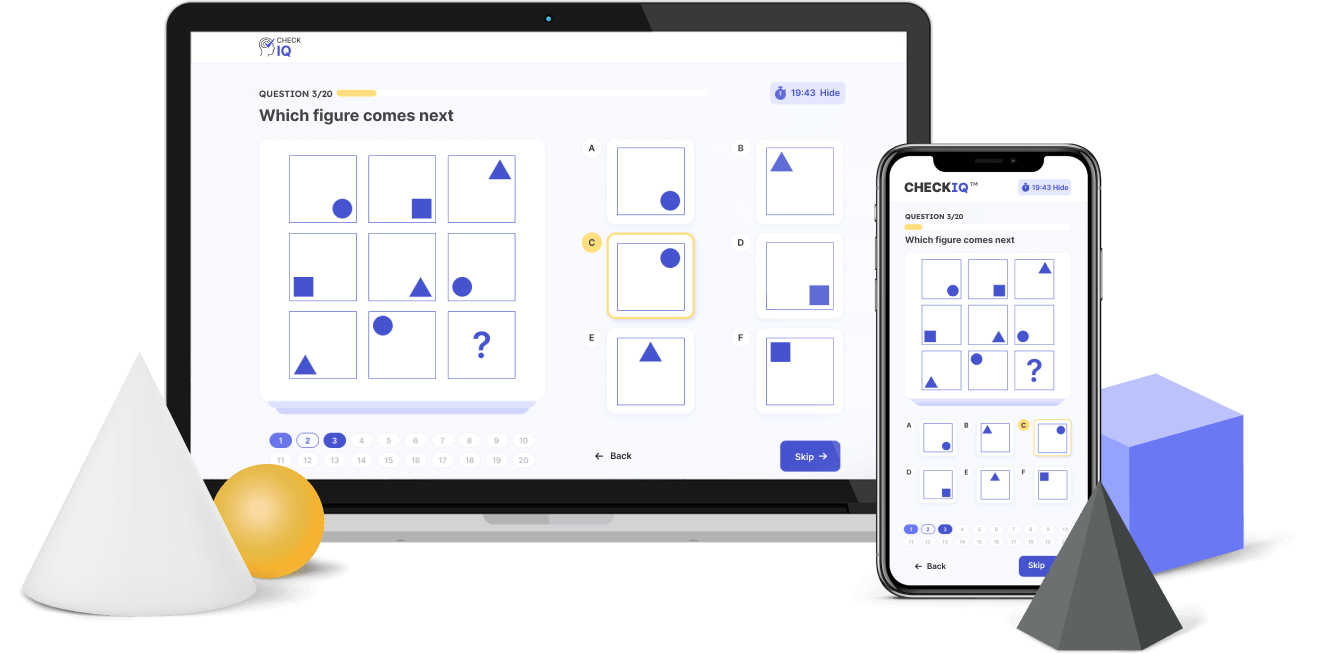Reading books has become less common these days. A 2023 survey by The Economist/YouGov shows that if you read just one book a year, you read more than 46% of Americans. Surprisingly, 5% of Americans only read one book in an entire year!
Despite this decline, reading remains crucial for enhancing brain power, particularly in increasing IQ, one of the most popular measures of intelligence.
1. Does Reading Make You Smarter?
Yes, it does. Reading isn't just fun; it helps your brain grow. The more you read, the more new ideas you get. This strengthens your intelligence, both in solving new problems (fluid intelligence) and using what you’ve learned before (crystallized intelligence). It’s like exercising your brain – the more you use it, the better it gets.
You might have heard about two types of intelligence: fluid and crystallized. Fluid intelligence is your ability to solve new problems, use logic in new situations, and identify patterns. It's your ability to think on your feet and adapt. On the other hand, crystallized intelligence involves using knowledge that comes from prior learning and past experiences. This type of intelligence gets better with age and accumulated knowledge – it's like having a mental library of facts, figures, and examples to draw upon when needed.
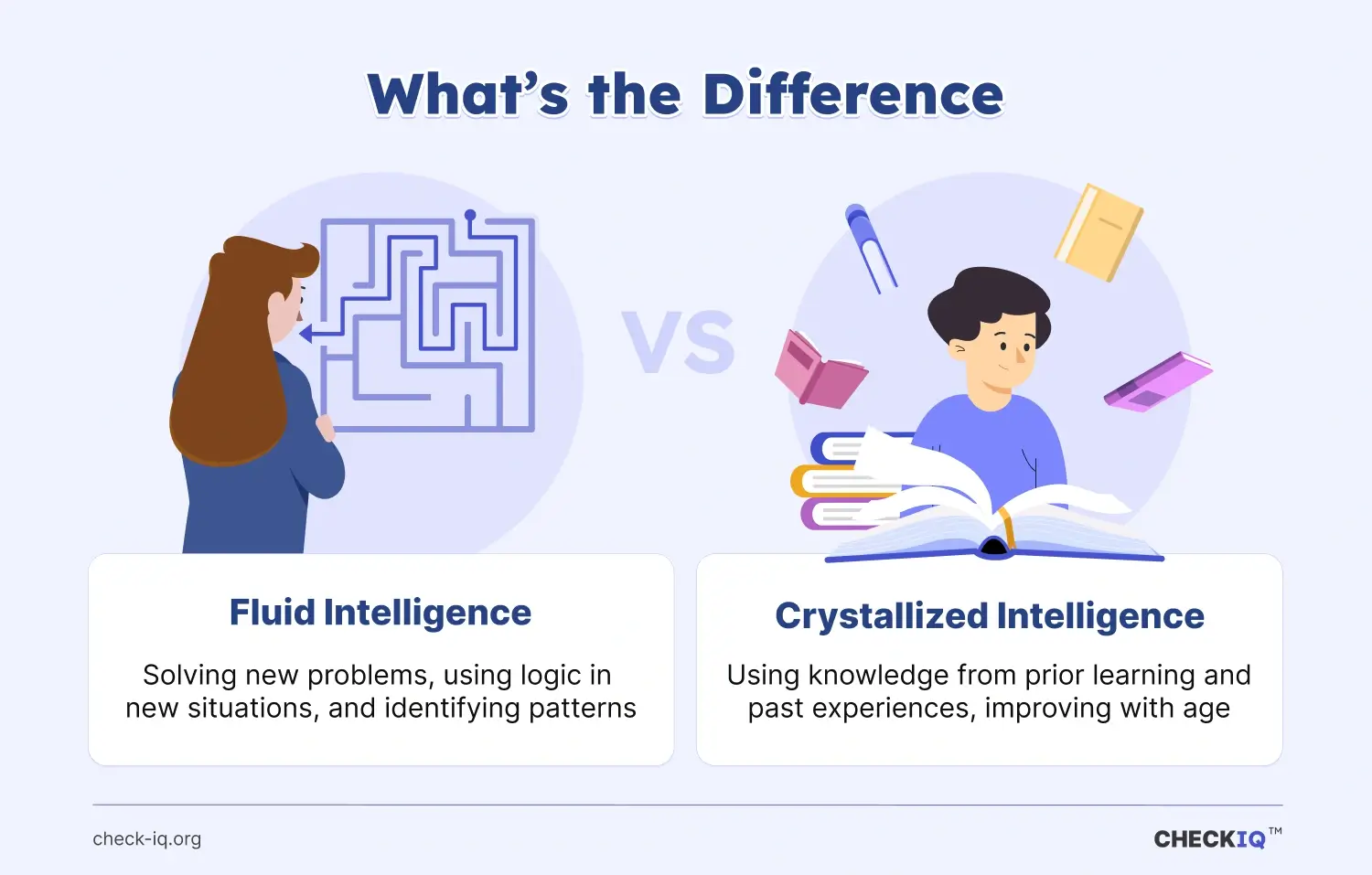
Researchers from The University of Edinburgh and King's College London found that children who learn to read early perform better on intelligence tests later in life. This improvement applies to various types of intelligence, not just verbal intelligence.
Reading regularly sharpens the brain by building up a reserve of knowledge and skills that can be tapped into when facing new challenges. This is how it increases your crystallized intelligence. Additionally, reading poses new scenarios for problem-solving and logical thinking. This engages and improves your fluid intelligence.
This study found that reading can make you smarter, no matter what intelligence you inherit from your parents. By studying identical twins, researchers saw that personal experiences, like reading, can increase intelligence. Twin studies have shown that the environment affects intelligence, but the details were unclear until now. This research shows that learning to read, even among identical twins, can create big differences in intelligence over time.
Therefore, to boost your brain power, make reading a regular habit. It is one of the most effective exercises for enhancing your mind.
A reliable 100% adaptive online IQ Test. Get your IQ score immediately.
Start My IQ Test
2. How Reading Affects Your IQ
Reading can significantly enhance your brain function and potentially increase your IQ.
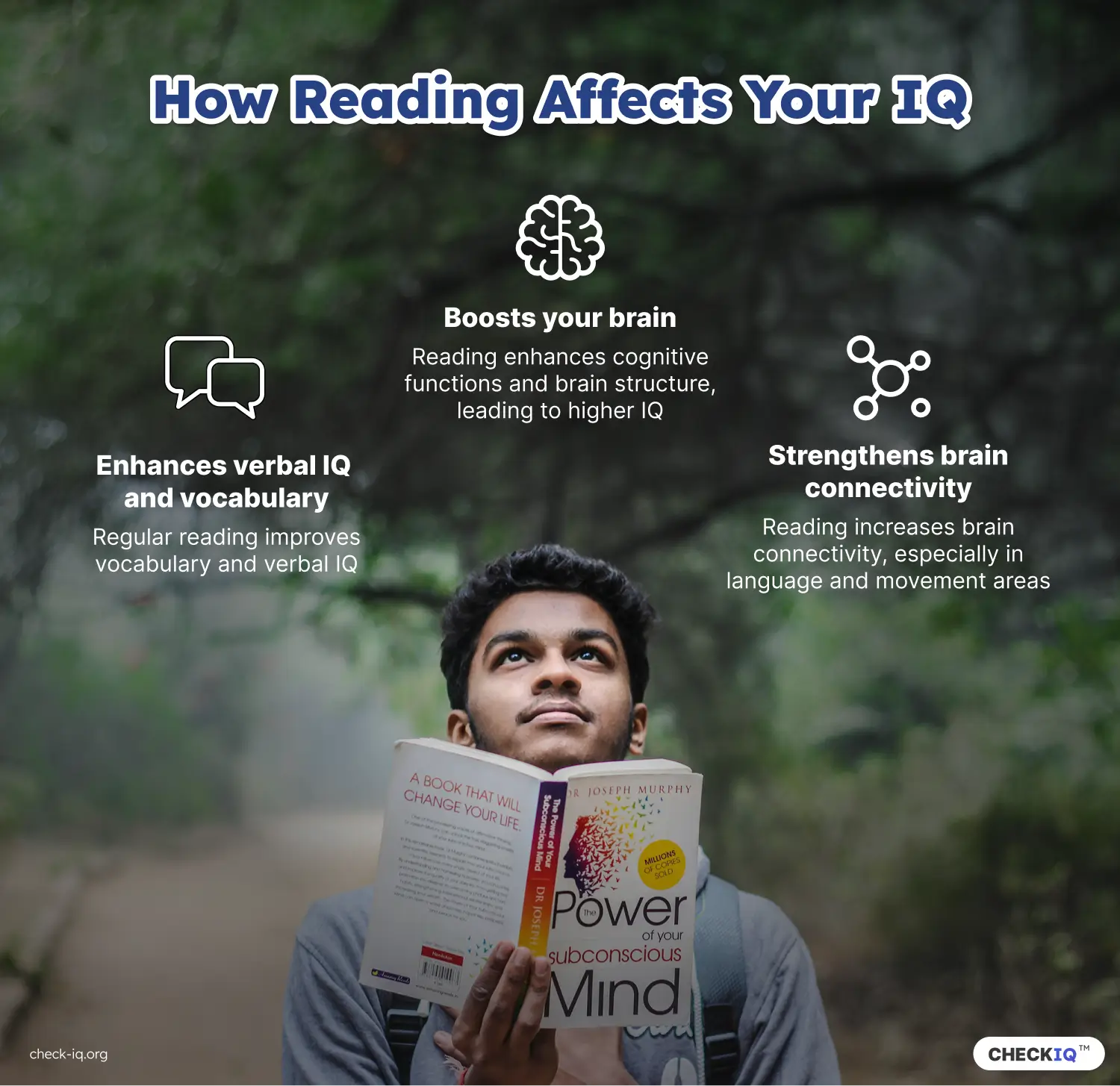
How reading boosts your brain
Reading is like a workout for your mind. You've probably noticed that after you lose yourself in a good book, your thoughts are sharper and more coherent. But what does science say about this perception? Researchers have been curious about the connections between reading, brain activity, and cognitive ability. A plethora of studies has found strong links between reading regularly and improved verbal skills. In particular, a study by researchers from the Wellcome Trust Centre for Neuroimaging at University College London showed that teens who are good readers tend to see their verbal IQ go up over time. These changes are not temporary – they come with structural changes in the brain.
When you read, you’re not just taking in information; you’re shaping your brain. Reading engages multiple brain areas at once – those responsible for language, visualization, and memory. This can create new neural pathways and strengthen existing ones, making your brain better at processing information and boosting your IQ.
Reading strengthens brain connectivity
Neuroscientist Gregory Berns discovered that reading has biological implications. After giving several participants a novel to read at home, Berns and his team conducted a magnetic resonance imaging (MRI) scan the next day. The results showed heightened connectivity in the part of the brain linked with receptivity for language.
We already knew that good stories can put you in someone else’s shoes in a figurative sense. Now we’re seeing that something may also be happening biologically,
says Berns.
The study found that reading a novel can change your brain in ways that last for days. These changes happen in parts of the brain related to language and movement, meaning reading can make you feel like you're really in the story, both in your mind and body.
When you read, you do more than just absorb information; you actively shape your brain. Reading uses many parts of your brain at once – those for language, seeing images, and remembering things. This activity creates new connections in your brain and strengthens old ones, helping you process information better and increasing your IQ.
Reading's effect on verbal IQ and vocabulary
Reading expands your vocabulary. The more you read, the more words you learn, and not just in isolation – you understand them in context. This helps you remember new words and use them correctly, boosting your verbal IQ. Reading sharpens your cognitive abilities, enhances your imagination, helps you visualize different scenarios, and deepens your understanding of complex concepts. By reading regularly, you’re making your brain better equipped to handle the complexities of language and communication.
The correlation between intelligence and reading habits
Avid readers, those in the top 1% who read more than 50 books a year, often display higher levels of intelligence. This virtuous cycle of reading habits contributes to brain health.
As you devour books, you enhance your cognitive abilities by boosting your memory and concentration, and reducing your stress level. According to psychologist Sabrina Romanoff, quoted by Business Insider, reading books stimulates neurons in your brain through a process called neurogenesis.
The direct impact of reading volume on IQ
Does reading a lot make you smarter? Yes, but quality matters too. Reading widely introduces you to new ideas and enhances cognitive flexibility. However, a balanced volume of high-quality, diverse reading material is more beneficial. Engaging deeply with what you read is crucial for stimulating your mind and expanding your intellect.
This structure ensures that the ideas build logically, starting from general insights into reading and cognition, moving to specific effects on verbal IQ and vocabulary, the correlation with reading habits, and finally the impact of reading volume on IQ. Overall, reading is a powerful tool for enhancing intelligence and cognitive abilities.
3. What Types of Books Make You Smarter?
Let’s see which type of books is likely to increase your intelligence the most.
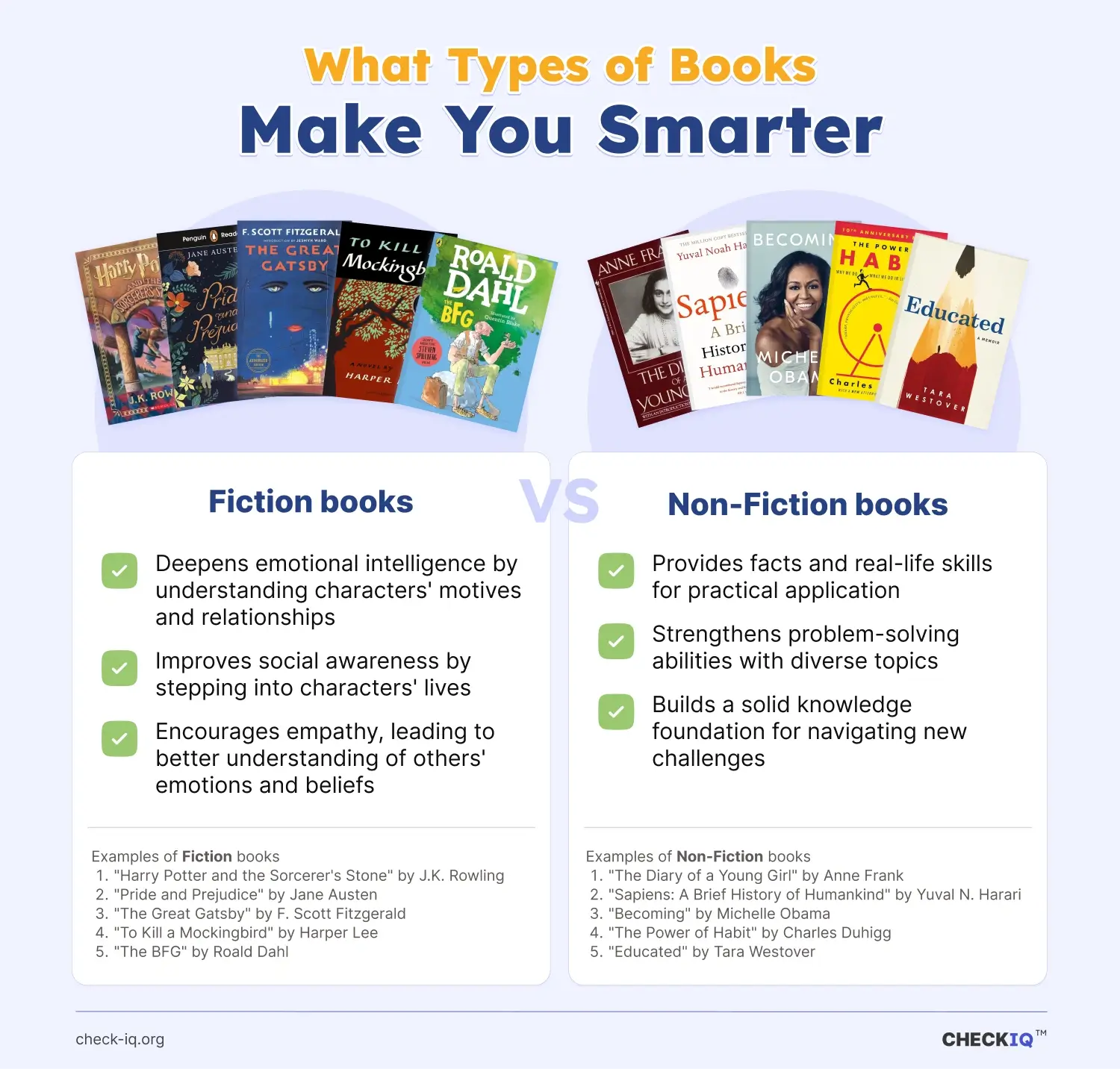
How reading fiction makes you smarter
Reading fiction, especially character-driven stories, helps you understand other people better. You’re not just following a plot; you’re analyzing personalities, motives, and relationships, which builds your emotional intelligence. EQ, which measures Emotional Intelligence, is at least as important as IQ in many aspects of life, contributing to better interpersonal relationships, effective communication, and overall well-being.
Every time you dive into the world of fiction, you're doing more than just enjoying a story; you're enhancing your emotional intelligence. By stepping into the shoes of various characters and navigating their lives, you improve your ability to understand what others might be thinking or feeling, also known as Theory of Mind (ToM).
A fascinating study by David Comer Kidd and Emanuele Castano revealed that individuals who read literary fiction show better understanding and empathy concerning others' emotions and beliefs.
Literary fiction challenges you to decipher and contemplate the character's complex lives, strengthening your ToM.
How non-fiction books improve crystallized intelligence
While fiction enriches your emotional intelligence, non-fiction builds up your crystallized intelligence. It acts as a direct deposition of knowledge – facts, theories, and real-life skills you can call upon when needed. Whether you're reading about history, science, or a how-to manual, each piece of information can become a tool for intellectual problem-solving in daily life.
Much like a toolkit, the more variety and depth your books on nonfiction encompass, the more equipped you are to tackle complex tasks. Non-fiction gives you a place to start for understanding the world. It doesn't just inform; it instructs, providing concrete examples and lessons that stay with you long after you've closed the book.
Through the accumulation of facts and strategies, you have a robust foundation from which you can apply what you've learned to new situations. That's the essence of crystallized intelligence – using what you know to navigate life's many questions.
4. How to Create a Reading Routine
Here’s how you can create a reading routine that’s both effective and enjoyable:
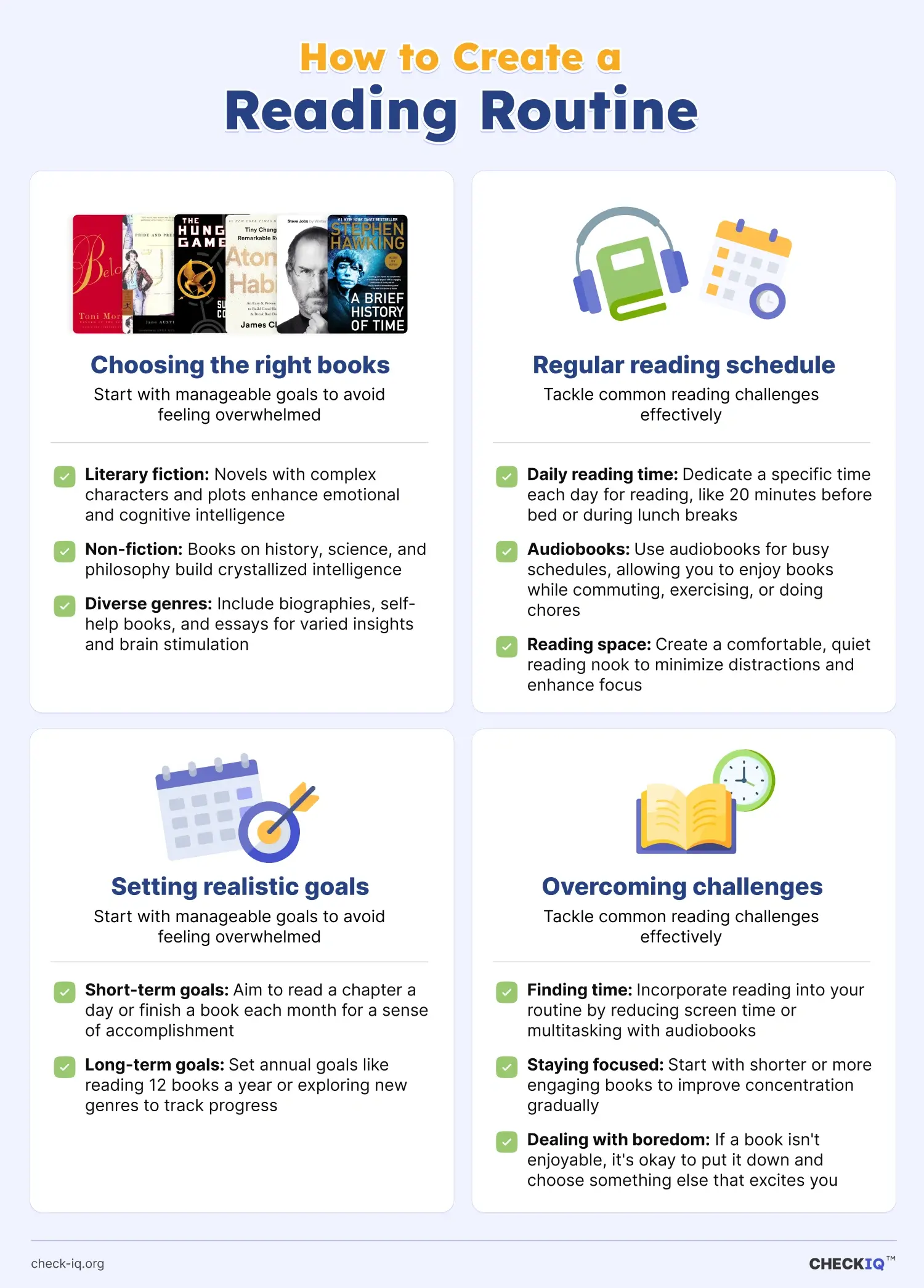
Choosing the right books
Picking the right book is essential. Think of it as choosing the perfect exercise for your mind:
- Literary fiction: Choose novels with complex characters and intricate plots. These challenge you to think critically and understand different perspectives, enhancing your emotional and cognitive intelligence.
- Non-fiction: Mix in non-fiction books that expand your knowledge base. Subjects like history, science, and philosophy increase your reservoir of facts and concepts, building your crystallized intelligence.
- Diverse genres: Don’t limit yourself to one type of book. Biographies, self-help books, and even well-written essays can offer valuable insights and stimulate different areas of your brain.
Setting a regular reading schedule
To make reading a habit, consistency is key. Here are some tips:
- Daily reading time: Dedicate a specific time each day for reading. It could be 20 minutes before bed, during your lunch break, or first thing in the morning. Consistency helps turn reading into a habit.
- Audiobooks: If you have a busy schedule, try audiobooks. They’re a great way to enjoy books while commuting, exercising, or doing household chores.
- Reading space: Create a comfortable and quiet reading nook. It could be a cozy chair by the window, a corner of your living room, or even a spot in a nearby park. A designated reading space helps minimize distractions.
In addition, speed reading can be a valuable addition to your reading routine. By learning speed reading techniques, you can read more in less time, making it easier to fit reading into a busy schedule.
Setting realistic goals
Start with manageable goals to avoid feeling overwhelmed:
- Short-term goals: Aim to read a chapter a day or finish a book each month. Short-term goals provide a sense of accomplishment and motivate you to keep going.
- Long-term goals: Set annual reading goals, like reading 12 books a year or exploring new genres. Long-term goals give you something to strive for and help you track your progress over time.
Overcoming common challenges
Everyone faces hurdles when building a new habit. Here’s how to tackle common reading challenges:
- Finding time: Incorporate reading into your daily routine by cutting down on screen time or multitasking with audiobooks.
- Staying focused: If concentration is an issue, start with shorter books or engaging genres like mystery or adventure. Gradually, as your focus improves, you can move on to more complex reads.
- Dealing with boredom: If you’re not enjoying a book, it’s okay to put it down. Choose something else that excites you. Reading should be a pleasure, not a chore.
Remember, the goal of reading is not just to boost your IQ but to enrich your life through knowledge, empathy, and personal growth





